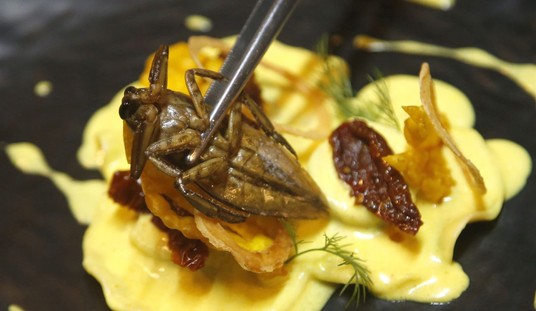I’ve spent enough time in Lebanon now that I’ve developed a real affection for this place. I worry about this country, but not for my own sake because I am here. Any time I want, I can return to my city, my family, and my house on the other side of the world.
There are good people here in Lebanon; modern, forward-looking, liberally-minded people from every sect and ethnicity and religious confession. People who worry about the same things I would worry about if I were stuck here forever. They hate war and dictatorship. They hate hate itself. They distance themselves from the fanatics in their own communities who spew bile and bombast at the Others. They feel a sinking sense of dread over the Arab-Israeli conflict — not necessarily because they hate Israel, but because they yearn so badly for peace and normalcy.
The reason these little bombs are so frightening is not because the bombs themselves are so dangerous. They aren’t. They are more Irish Republican Army than Al Qaeda. The bombs, while rarely killing anybody, terrify so much because there are sizeable minorities across sectarian lines who can turn under the right conditions. They have M-16s in their closets, and they know how to use them. No one worries that Madrid will turn if Al Qaeda bombs it again.
Few people really want to use their M-16s. But they’re willing and ready if they feel it’s necessary.
I hate to say this, but sometimes I get the sense, when I speak to the worst of the Christians, that they are itching for an excuse to kill Muslims. The post-war culture keeps them in check. Perhaps some of the Muslims feel the same way about the Christians. If so, they are polite and discrete enough to keep their bigotry from me. Even Hezbollah doesn’t talk like some of the Christians.
The haunting words of Rebecca West in her travel book Black Lamb, Gray Falcon about Yugoslavia in the 1930s come to mind often here in Beirut.
Only part of us is sane. Only part of us loves pleasure and the longer day of happiness, wants to live to our 90s and die in peace, in a house that we built, that shall shelter those who come after us. The other half of us is nearly mad. It prefers the disagreeable to the agreeable, loves pain and its darker night despair, and wants to die in a catastrophe that will set life back to its beginnings and leave nothing of our house save its blackened foundations.
If Beirut burns itself down again, chisel those words on its tombstone. Beirut is the Paris of the Middle East. It is also its Sarajevo.
While driving around with my real estate agent in his sports car he asked me out of the blue: “Do you think Lebanon will be okay?” His voice cracked when he said “okay.” It was the first time since I met him that he spoke to me as though I knew more than he.
Did I come to Lebanon because I think it won’t be okay and I want a good story? Or is my temporary residence here proof of my optimism? I have asked myself this question more than once.
“I think Lebanon will be okay,” I said. “I hope so,” I said — and boy did I mean it.









Join the conversation as a VIP Member